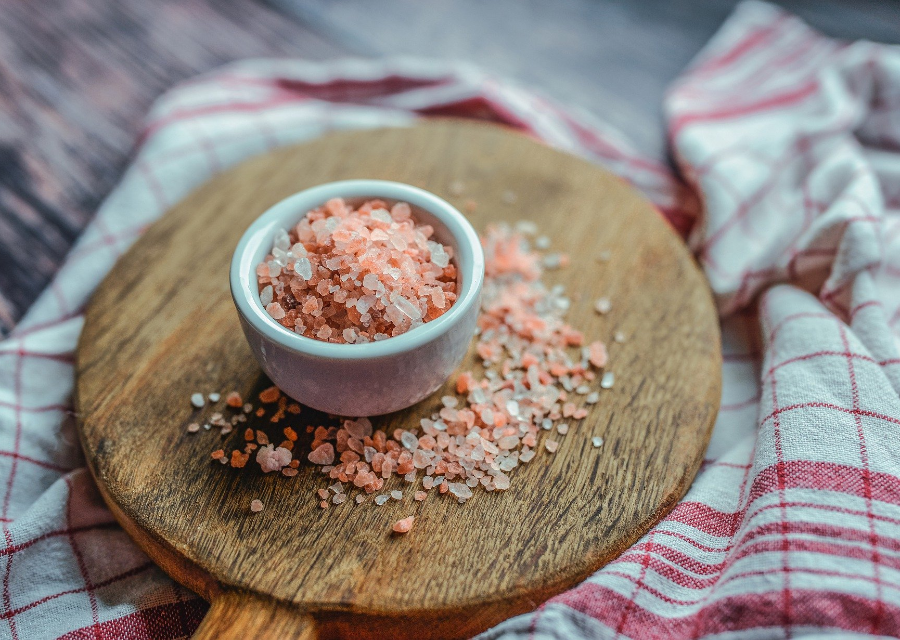This website uses cookies. By continuing to browse the website, you are agreeing to our use of cookies as detailed in our privacy policy.
The link between salt and high blood pressure
Reduce the amount of salt you eat to improve your health!
Eating lots of salt can increase your blood pressure. Salt contains sodium which helps to keep your body fluids at the right level. But if you have too much salt, the amount of liquid your body stores increases – this is what raises your blood pressure.
High blood pressure (also referred to as hypertension) is the single biggest risk factor for having a stroke. It causes the walls of your arteries to narrow and harden, which increases the risk of blood clots forming. By reducing the amount of salt you eat, you can lower your blood pressure and so it follows, your risk of having a stroke too.
You should eat no more than 6g of salt a day, or about a teaspoon. There is a large amount of hidden salt found in processed and ready-made foods. 75% of the salt we eat is already in everyday foods such as bread, breakfast cereal and ready meals so look at your labels carefully before buying ingredients!
Here are 5 quick tips that will help you reduce the amount of salt in your diet:
1. Don’t put salt out on the dinner table, this can encourage people to add it to every meal!
2. Don’t add salt when cooking – instead flavour your dishes with garlic, chilli, herbs, spices, lemon or lime juice.
3. Make your own sauces, soups, and pickles to stay in control of how much salt is in the food.
4. Buy tinned fish (e.g. tuna) in spring water instead of brine. There’s often no difference in price.
5. Beware of added salt in foods like bread, which can have as much salt in 1 slice as 1 packet of
crisps! Read the labels and buy wholemeal where possible!
Back